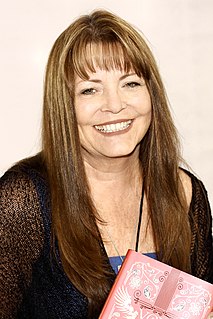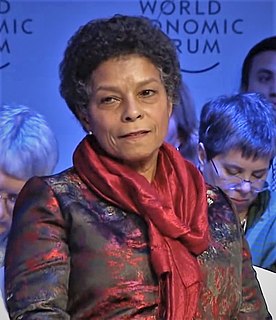A Quote by Tao Lin
I think everyone is "racist," to differing degrees, in that everyone's brain will automatically associate information with other information, based on the information they are looking at, but I think focusing on race in any manner that isn't neutral or self-aware probably increases racism.
Related Quotes
I don't know what to say about Asians. I think everyone is "racist," to differing degrees, in that everyone's brain will automatically associate information with other information, based on the information they are looking at (for example skin color, bone structure), but I think focusing on race in any manner that isn't neutral or self-aware probably increases racism.
I don't think we should have less information in the world. The information age has yielded great advances in medicine, agriculture, transportation and many other fields. But the problem is twofold. One, we are assaulted with more information than any one of us can handle. Two, beyond the overload, too much information often leads to bad decisions.
An acoustic ecologist is a listener who is aware that sound is information. It's information because it's created by events, events produce sound, and that sound has all kinds of data, if you will, that conveys what event occurred, what the materials were, whether it was sudden, slow, loud, in what direction. And because it is information, we can think of it as a message. The acoustic ecologist studies information systems that are both intentional and sometimes wild.
The information. Every bit that of information that was ever in your brain. But the information is not the mind Jenna. That we've never accomplished before. What we've done with you is groundbreaking. We cracked the code. The mind is an energy that the brain produces. Think of a glass ball twirling on your fingertip. If it falls, it shatters into a million pieces. All the parts of a ball are still there, but it will never twirl with that force on your fingertip again. The brain is the same way.
Electronic medical records are, in a lot of ways, I think the aspect of technology that is going to revolutionize the way we deliver care. And it's not just that we will be able to collect information, it's that everyone involved in the healthcare enterprise will be able to use that information more effectively.
I think that because of YouTube, because of MySpace, because of the digital domain that we have on the Internet, the younger generation is much more open to information. I think it's so much easier for them to gain information and trade information, and they have become more aware. In some cases, more aware than their own parents and adults, as to what's going on in the world. I find that really intriguing and interesting, and I think there is a brewing of a whole new generation of activists coming.
There have been misperceptions that we're trying to make all the information open on Facebook, and that's completely false. There are big buckets of information that we recommend that you share with only your friends privately. Then some of the more basic information, we recommend that that's visible to everyone.
An important verity about knowledge is that the brain works most effectively with consciously retained information. We more easily remember what we want to recall later. When we feed our fourteen billion brain cells with information that will enrich us and help others, we are really learning to Think Big.
There is so much information that our ability to focus on any piece of it is interrupted by other information, so that we bathe in information but hardly absorb or analyse it. Data are interrupted by other data before we've thought about the first round, and contemplating three streams of data at once may be a way to think about none of them.
I am saddened by the release by a national media outlet of my opponent's involvement in pornography. I strongly condemn the release of this information. Our campaign was aware of this information several months ago, and made a very determined decision to not use or disperse this information in any way, shape,or form.






































